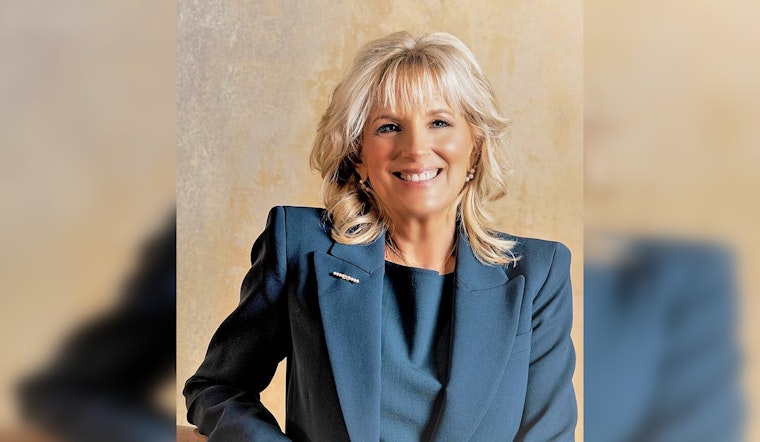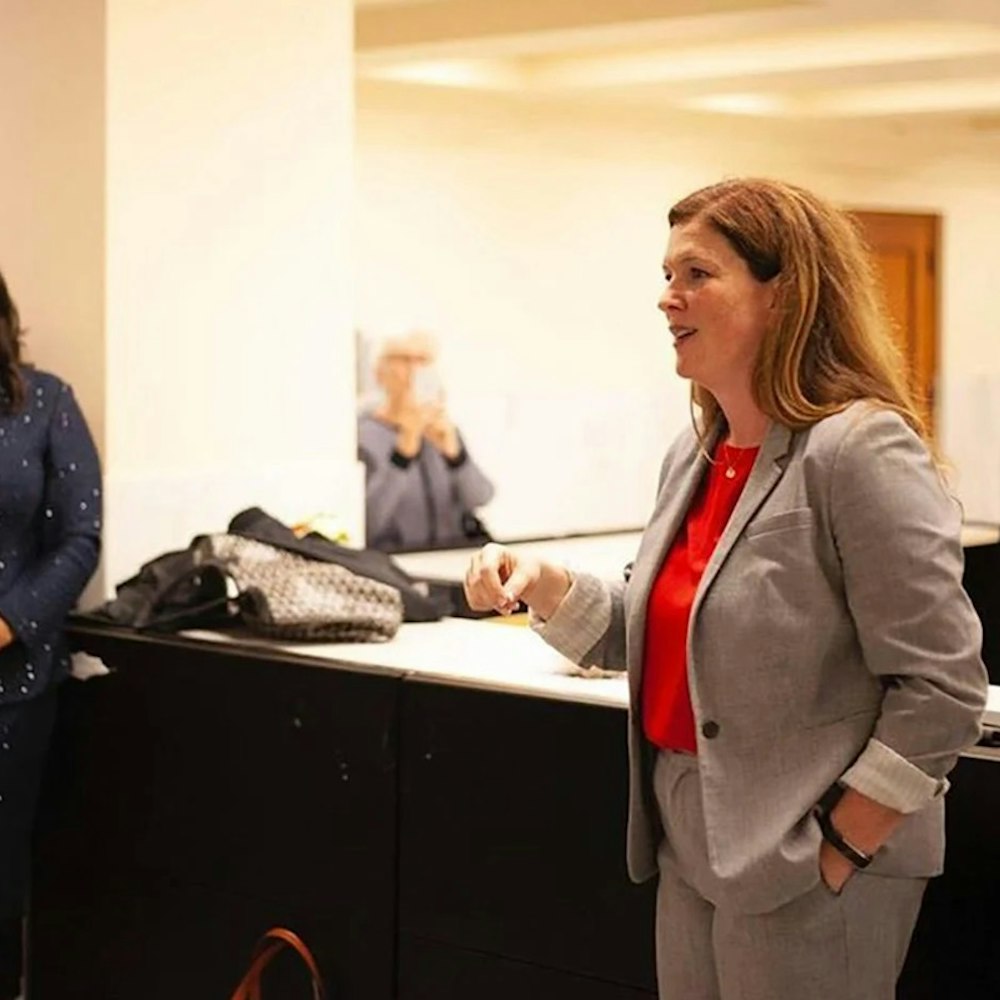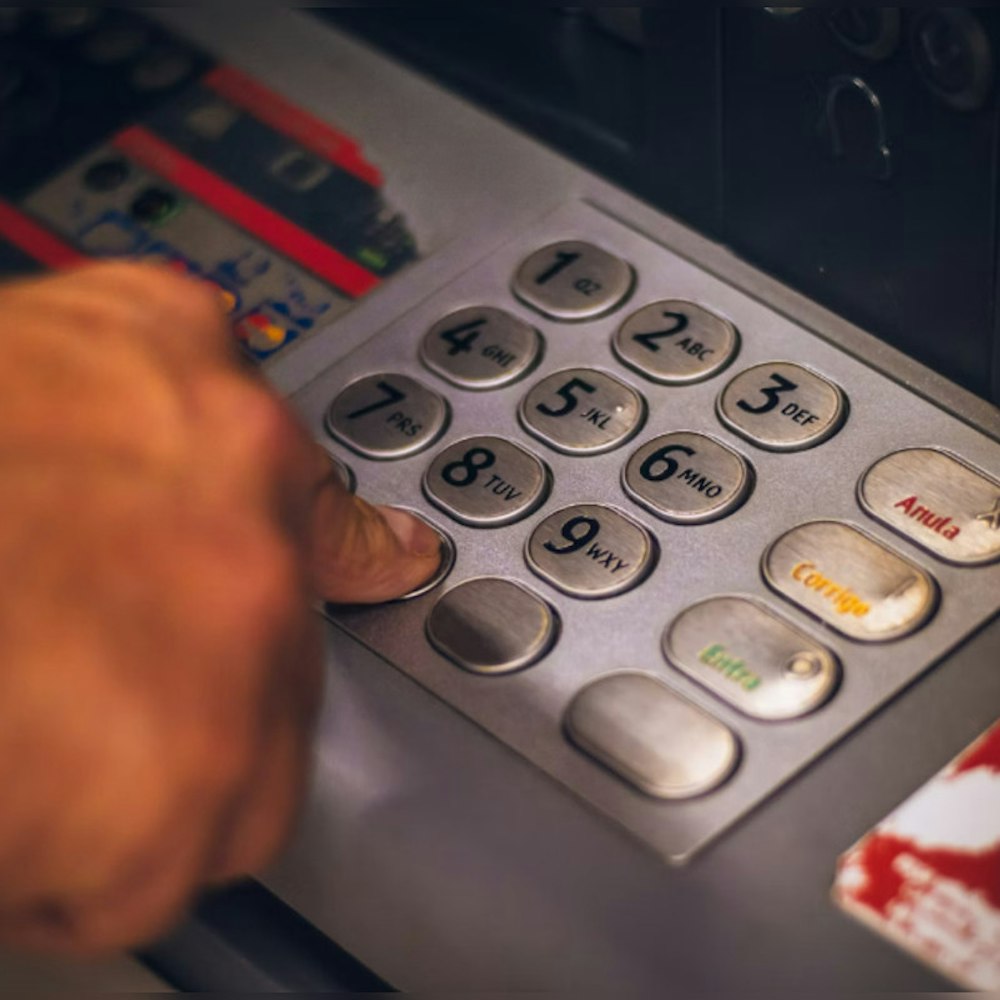
In a move aimed at reshaping the landscape of cancer care, First Lady Jill Biden, along with prominent health insurers and oncology practices, has agreed to expand access to patient navigation services for cancer treatment, as part of President Biden's Cancer Moonshot initiative. According to an announcement on the White House's official website, these vital services guide patients through the complexities of the healthcare system, improving outcomes and reducing healthcare costs.
The unprecedented commitment brings together insurers such as Aetna, Blue Cross Blue Shield of Minnesota, and Humana, who collectively serve a staggering 150 million Americans. First Lady Jill Biden emphasized, "Together, we're building a world where the word cancer loses its power, where patients and their families have a trusted navigator by their side, and where no person has to face cancer alone," highlighting the collaborative nature of this effort to change the face of cancer care, and recognizing the past challenges of these services being out of reach for many, especially in underserved communities.
Executives from major health firms and oncology centers provided statements expressing their support for the initiative. For example, Robert McWilliams from the Mayo Clinic Comprehensive Cancer Center pointed out the significant role navigators play in facilitating care, especially for those with the highest barriers to care, which will improve thanks to the funding and expansion heralded by the Biden Cancer Moonshot.
A plethora of testimonials from health industry leaders reinforce the idea of patient navigation as a game-changer. Praveen Thadani of Priority Health mentioned the initiative as a step to "offer much-needed support for cancer patients" and reduce inequities, whereas Blue Cross and Blue Shield of Minnesota's Dana Erickson saw it as crucial for addressing care barriers and enhancing health equity, bearing in mind the tremendous impact on communities with limited access to services; these services include facilitating everything from early diagnosis to survivorship Bruce Broussard from Humana echoed these sentiments, noting that a "whole-person approach to health" can not only improve health outcomes but also alleviate the financial burden on patients battling cancer.
The First Lady's collective push for better navigation services, as detailed in the White House statement, offers a glimpse into the potential for a transformed healthcare experience for cancer patients, one that could significantly reduce the stress and isolation often characteristic of a cancer diagnosis.



-1.webp?w=1000&h=1000&fit=crop&crop:edges)
-2.webp?w=1000&h=1000&fit=crop&crop:edges)




